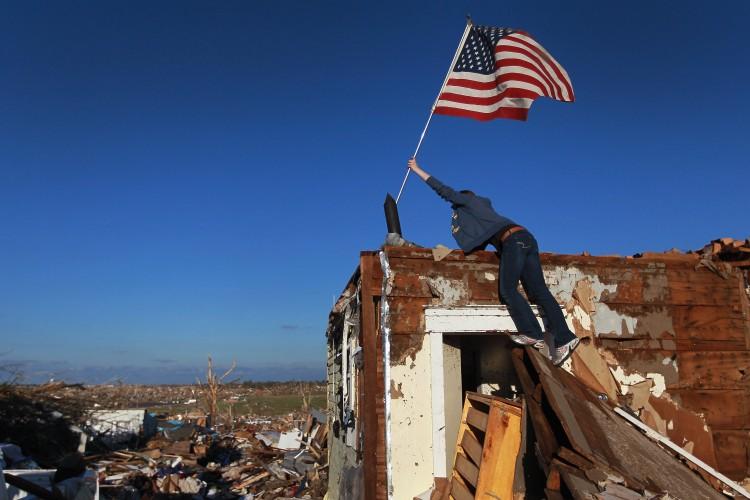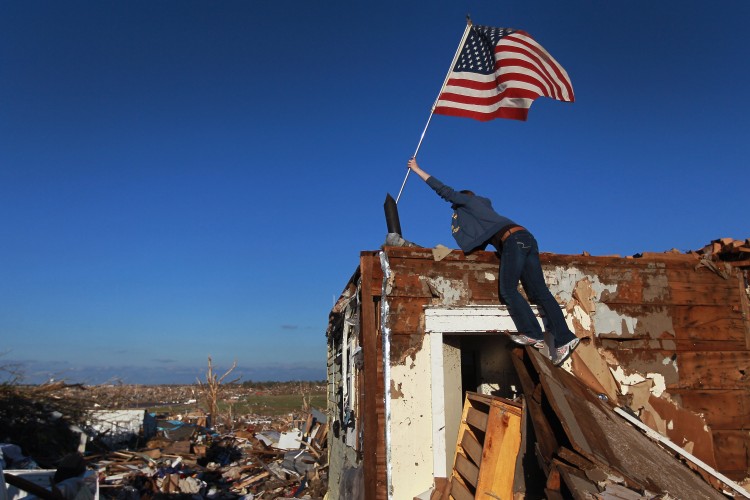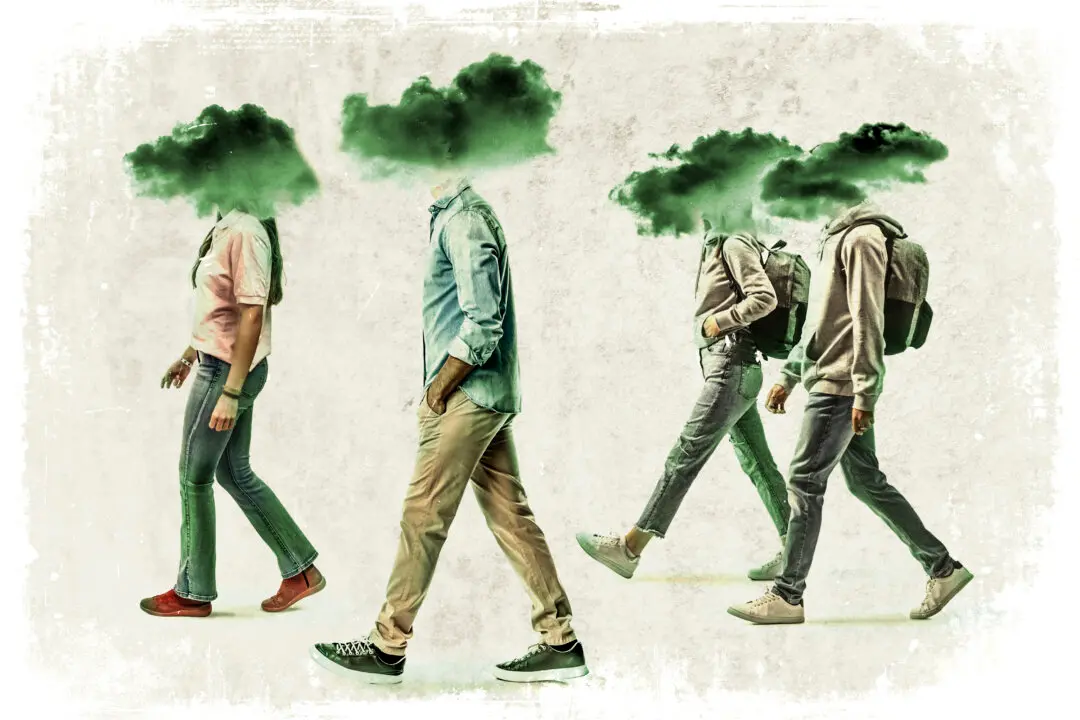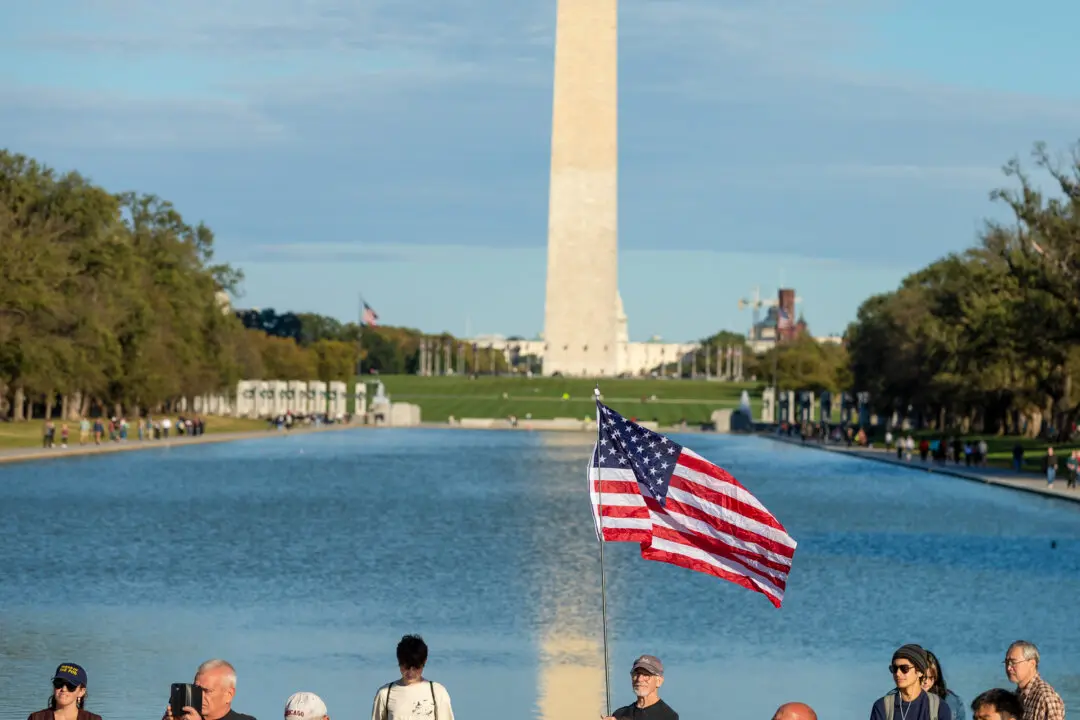Opinion
The Nor'easter: Extreme Weather, Extreme Politics
What’s with this weather? Historic floods and tornadoes in the South come after a winter of record snowfall in the Northeast. Already, May in New York City has seen temperatures nearly hitting 90 degrees.
|Updated:
Evan Mantyk teaches history and literature in New York. He is also president and editor of the Society of Classical Poets.
Author’s Selected Articles






